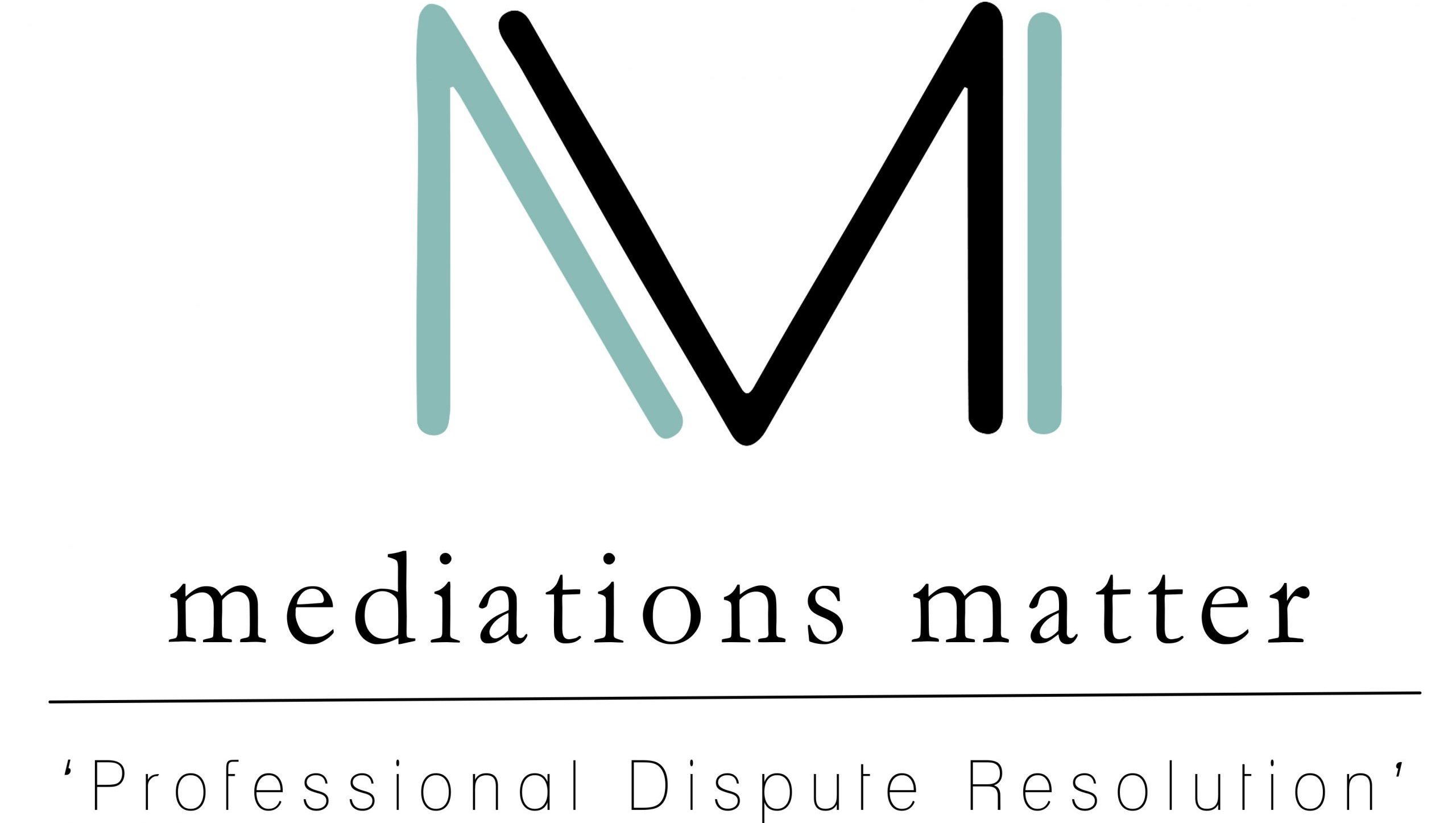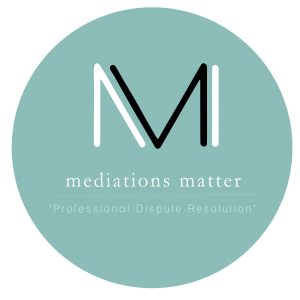Mediation is an effective and constructive method of resolving disputes, particularly in situations where the parties involved wish to maintain a positive relationship. The process involves a neutral third party, known as a mediator, who facilitates discussions between the parties and assists them in developing a mutually acceptable solution. In some cases, a counsellor may also be involved in the mediation process to provide emotional and psychological support to the parties.
The role of a counsellor during mediation is to help the parties involved to communicate more effectively and understand their emotions. They provide a safe and confidential space in which parties can discuss their feelings and work towards resolving the issues at hand. They also help to identify the underlying issues and interests that are driving the dispute and facilitate the exploration of potential solutions. In some cases, a counsellor may provide guidance and coaching to help parties build skills in conflict resolution and communication.
One of the key benefits of having a counsellor involved in the mediation process is that they can help to address emotional barriers that may be preventing the parties from reaching a resolution. Disputes are often emotionally charged, and it can be challenging for parties to communicate effectively when they are feeling angry, hurt, or resentful. A counsellor can help parties to express their feelings in a safe and constructive manner, while also facilitating a dialogue between the parties.
The presence of a counsellor can also help to ensure that the mediation process is respectful and constructive. The counsellor can help parties to understand each other’s perspectives and needs, while also promoting a positive and respectful relationship between the parties. The goal is to reach an agreement that meets everyone’s needs and interests while also preserving the relationship between the parties.
In some cases, a counsellor may be necessary to help parties address underlying issues that are preventing them from reaching a resolution. For example, if a dispute is driven by deeper emotional issues such as trust, respect, or power dynamics, a counsellor may be needed to help parties to work through these issues and develop a mutually acceptable solution.
Overall, the role of a counsellor during mediation is to provide emotional and psychological support to the parties involved. They help parties to communicate more effectively, understand their emotions, and identify underlying issues that are driving the dispute. They also facilitate the exploration of potential solutions and help to promote a positive and respectful relationship between the parties. If you are involved in a dispute and are considering mediation, it may be helpful to explore the possibility of having a counsellor involved in the process. The presence of a counsellor can help to ensure that the process is constructive, effective, and emotionally safe for all parties involved.

